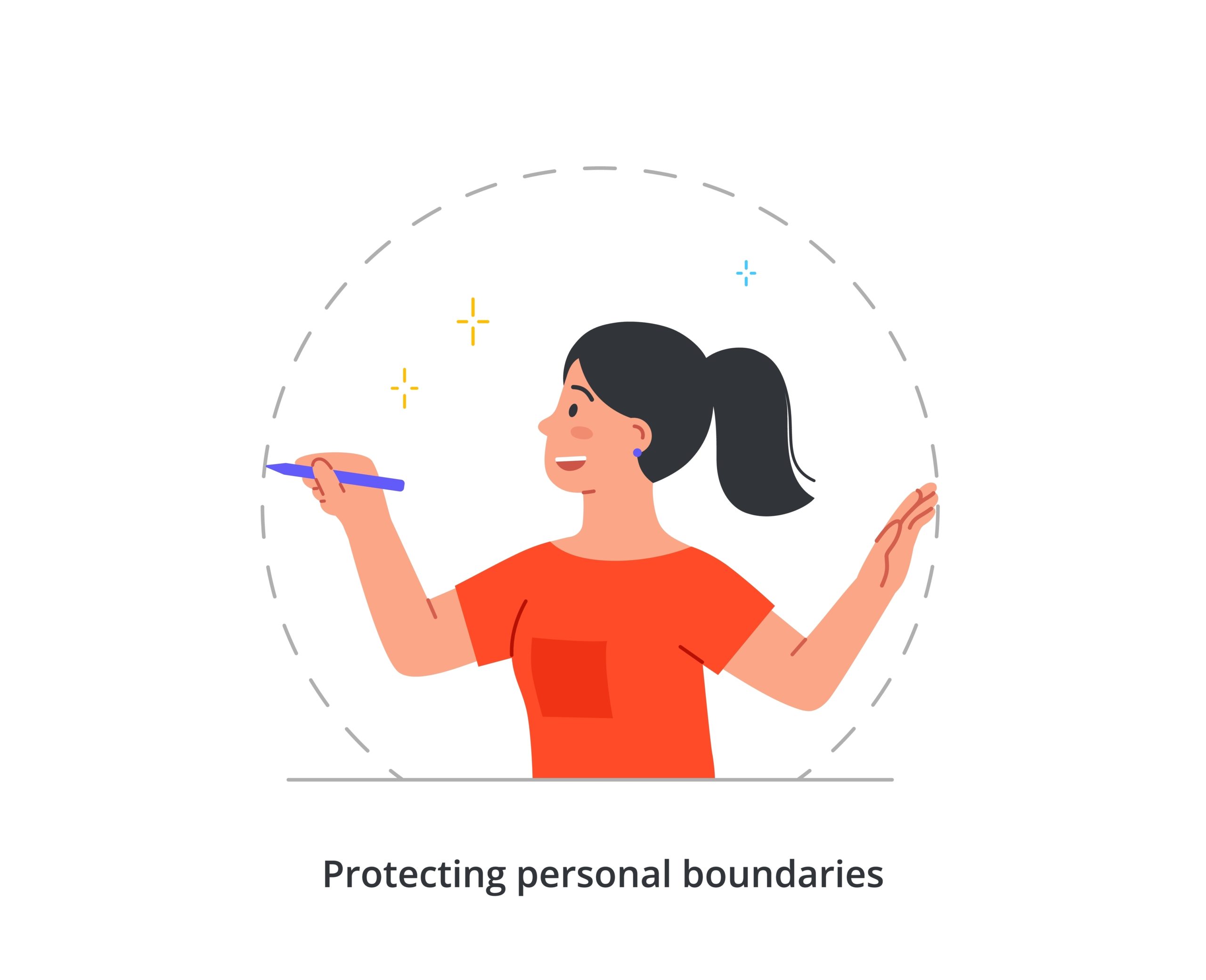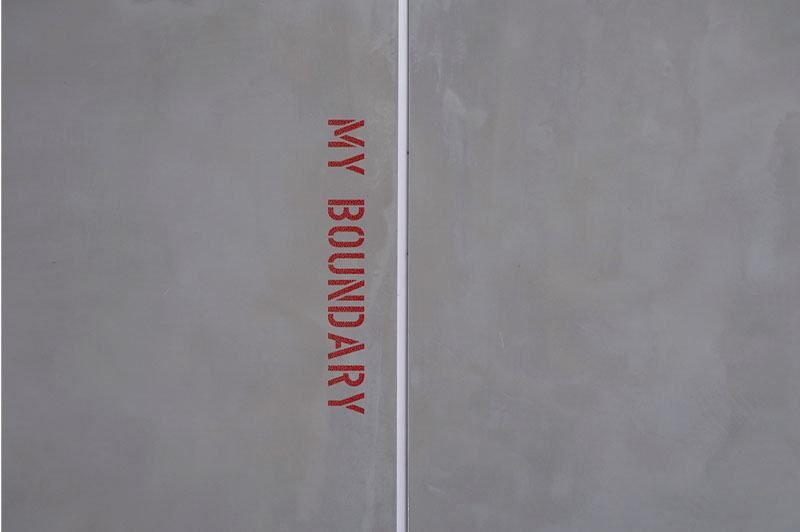It can be hard to determine the best way to interact with a recovering addict in your life. You want to support their recovery journey and respect the things that they need, but it can still be hard to know how much of your input is too much or too little. Regardless, setting rules or boundaries for a loved one that is in recovery is incredibly important. Boundaries are not meant to change someone’s behaviors. Instead, they are meant to be guidelines that lead to a mutually respectful relationship.
Setting boundaries in the initial stage of recovery is beneficial for both parties. You want to create boundaries as early as you can, ideally when your loved one is still in inpatient treatment. This promotes better communication so everyone knows what to expect when the loved one comes home. If you aren’t sure about what boundaries are needed, that’s totally fine! When your loved one comes home, pay attention to any behaviors that make you worry. If something is troubling you, that’s a big sign to set a boundary.
Setting boundaries can be challenging, but it will benefit both parties and strengthen the relationship in the long term. Read on to learn some steps on how to set boundaries with a loved one in recovery.

Trust Your Instincts
If something is troubling you, then there is a good chance that there is a problem. You already know about your loved one’s past with addiction, so if you notice any troubling signs or you have any doubts about them going down the wrong path, have a conversation with them about boundaries.

Talk When Both Parties Are Calm
Talk to your loved one when there has been a period of calmness so you can gather all of your thoughts. It can be a bad idea to try and talk about boundaries with a recovering addict in the middle of or right after an argument. In the heat of the moment, you could lash out, your words can be misunderstood, and the other party could stop listening to you. You don’t want to be accusatory and you want to have a two-way conversation so that your loved one can speak too.
Set a Fair, But Firm Boundary
It can be difficult to have a conversation about boundaries with a recovering addict. You have to make sure that your voice is not too harsh but not too relaxed so that your boundary is taken seriously. The framework for staying focused and communicating effectively can be listed as:
- stating what your issue is
- explaining what you think the desired actions should be for the issue
- if it can’t be achieved, explain what the consequences will be
You don’t want your emotions to get in the way either because it can be easy to want to downplay things and make it seem like everything is okay. However, make sure that you keep good control of your anger so that it doesn’t seem like you are attacking your loved one. State why you think the boundary is necessary and choose your words carefully. This is essential for both parties.

Use Check-Ins to Monitor Progress
After a boundary is set, practice open communication and check in with your loved one to see how they are feeling. The first few months of sobriety can be hard. Your loved one is still trying to figure out a lot of things and they will have a lot of ups and downs. This is why it’s important to not create boundaries as a punishment. Set boundaries so you can protect your mental health and give your loved one structure in their journey without seeming like you’re controlling it. Your loved one may have negative reactions at first, but stand firm.
If your loved one is following your rules, then you can consider if you want to loosen them up a bit. It can be hard for your loved one to change their old habits, so when they do, notice them and praise them for it. Over time you’ll begin to notice what works well and what doesn’t when you create boundaries. When you create a new boundary, you get to improve your process even more.
Use Consequences as Reinforcement
In some cases, your loved one may not adhere to your boundaries because they thought you were bluffing, were joking, or maybe they didn’t even care in the first place. This can be incredibly aggravating, but don’t give up. At this point in the process, you’ll need to use some tough love by following through with the consequences you had originally set. If you don’t follow through then your boundaries will only seem like empty threats or a mere warning to your loved one.

Seek Support When Needed
When you’re setting boundaries you need to make sure you’re taking care of yourself too. Don’t put so much focus on your loved one that you drain all your energy. If you begin to feel overwhelmed, there are all kinds of access to therapists that can help you work through any of the things that are on your mind. A mental health professional will be able to listen to your specific situation and help offer you solutions to work with your recovering loved one.
When your first start setting boundaries with your loved one in recovery, you may think you’re being harsh. The truth is that setting boundaries promote open and honest communication and builds respect at the same time. The beginning of your loved one’s recovery will most likely be hard for both parties. Your loved one has to learn how to change their past negative behaviors, and this takes a lot of effort from them and a lot of patience from you. Setting boundaries will protect your mental health and also help guide your loved one to long-term sobriety.
Your Road to Recovery Starts Now.
Give us a call or send us an email and an admissions counselor will be in touch to answer all of your questions.
310 E Dupont Rd, Fort Wayne, IN







